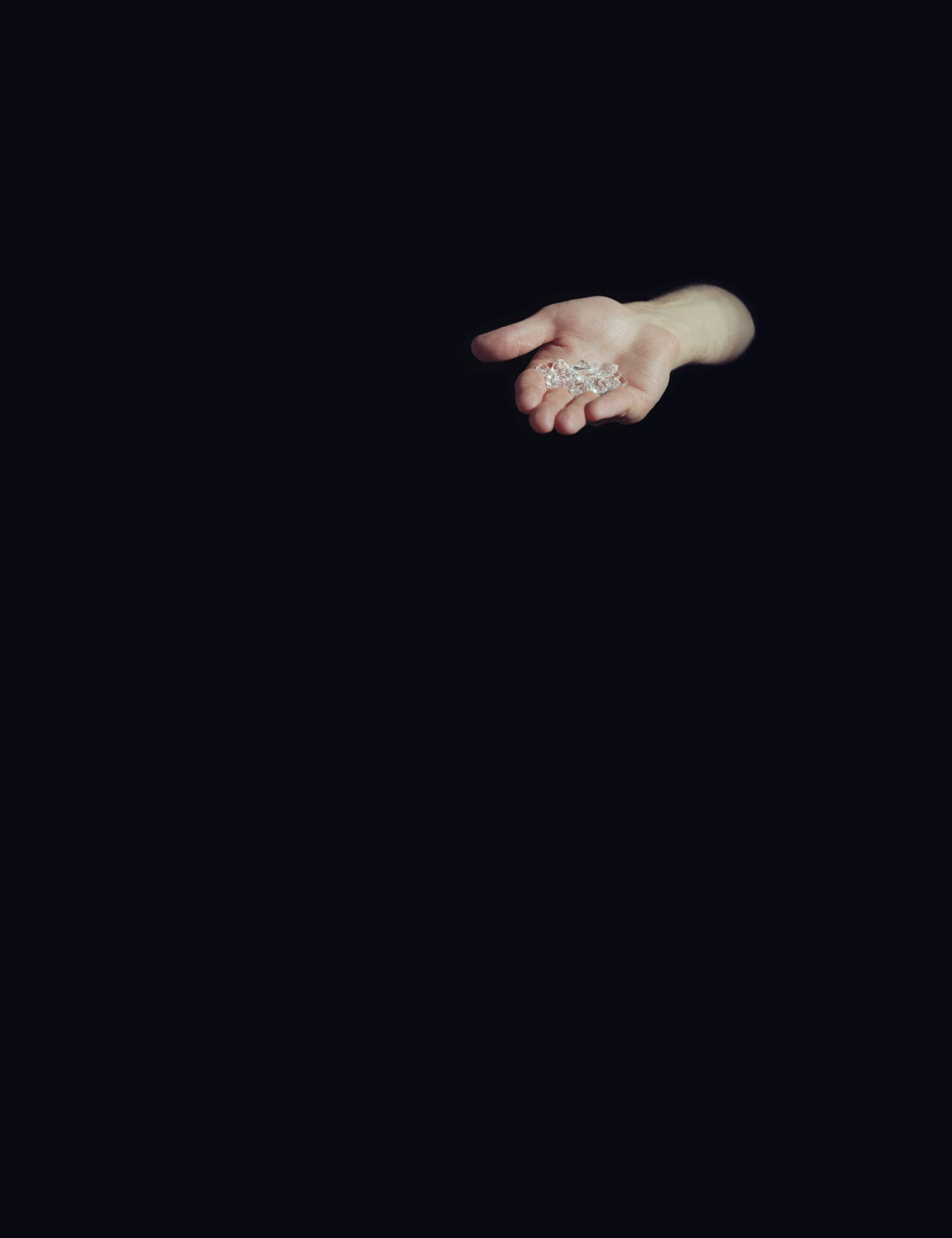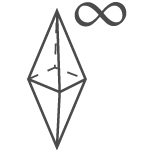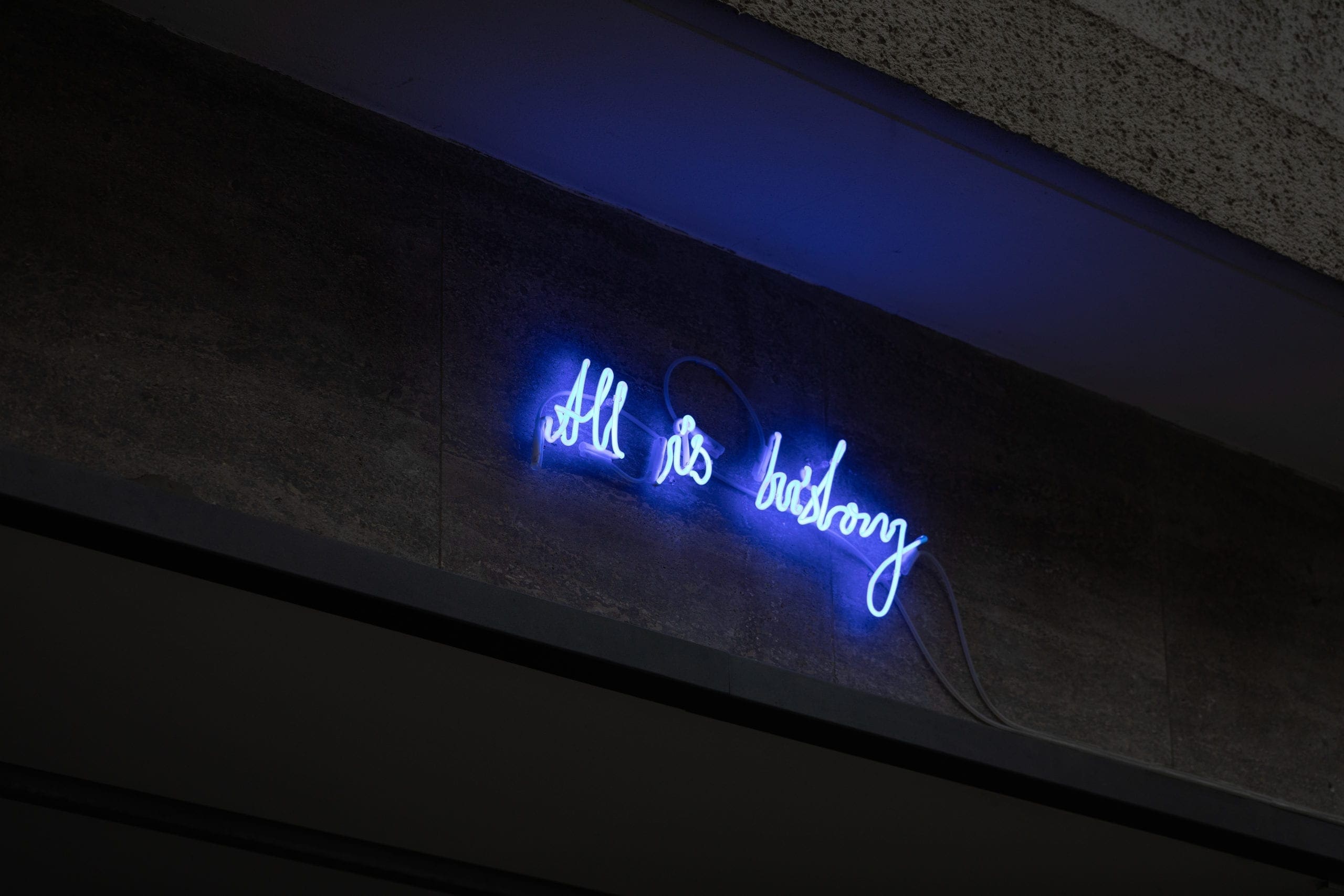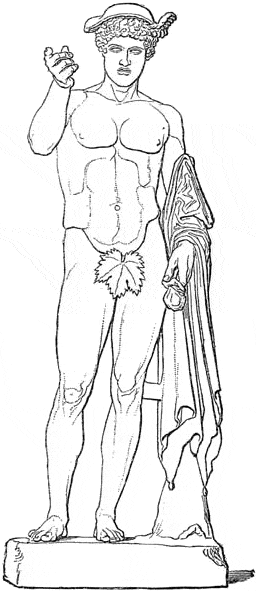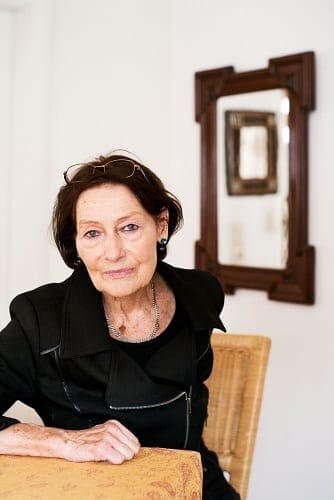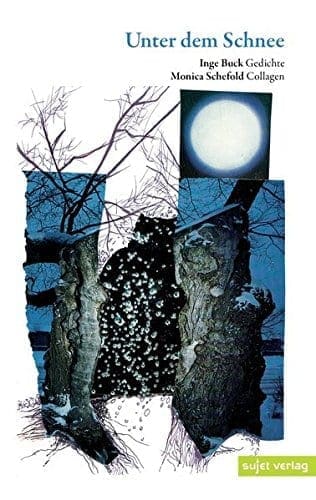All is history
by
Michal Martychowiec
Year
2012
Size
25 x 75 cm
Material
Neon
Edition
3 of 8
Price
on request
All is history
Elements of All is history were developed in 2012 and 2015.
„On my very last day in Kyoto, I sat at the bank of Kamogawa River, with my gaze concentrated on a stone positioned in the middle of it. Nearby, a crane paraded looking for fish, and as the river flowed the stone remained intact. “You cannot enter the same river twice” as Heraclitus concluded, but this simple comparison was not satisfactory. At that time it seemed to me the stone remained intact as much as the river remained suspended in its own flow. But on the following day, on the plane, I remembered the river, the stone and the crane, and it all seemed history then, my history.“ (2012)
The stone and the river became history because they became the artist’s history (it is not a metaphor, like in the case of Heraclitus’s statement, but rather an experience presented to the audience). History is an experience, and experience is in its nature individual. All the elements of the project are dividing history into individual, particular experiences: the history of the photographic material, of the presented people to whose history we are not admitted or of political ideologies, etc. This division is, however not systematised, as in any historiographic framework, but replaced by an arrangement of numbered units which become symbols of the archive and its failure, and of usual ways of reading and writing history. The installation is a representation of the history of the artist but in reality, it is the first step into our own history.
All is history constructs a unique visual language ‘in which what is experienced is language itself’[1], or to be precise, history itself. It is, paraphrasing Agamben, an experimentum linguae of this kind in which the limits of history are to be found not outside it, in the direction of its referent (lack of historical data), but in an experience of history as such, in its pure self-reference.
The work of art has always form of an experience and as such, it can only exist in the moment of the present. ‘All is history’, however, art is necessarily in the present. And consequently, art is capable of turning everything into history, as the neon statement ‘All is history’ is turning, in a way, anything into a readymade.
On my very last day in Kyoto, I sat at the bank of Kamogawa River, with my gaze concentrated on a stone positioned in the middle of it. Nearby, a crane paraded looking for fish, and as the river flowed the stone remained intact. “You cannot enter the same river twice” as Heraclitus concluded, but this simple comparison was not satisfactory. At that time it seemed to me the stone remained intact as much as the river remained suspended in its own flow. But on the following day, on the plane, I remembered the river, the stone and the crane, and it all seemed history then, my history. (2012)
Other works of art in the exhibition
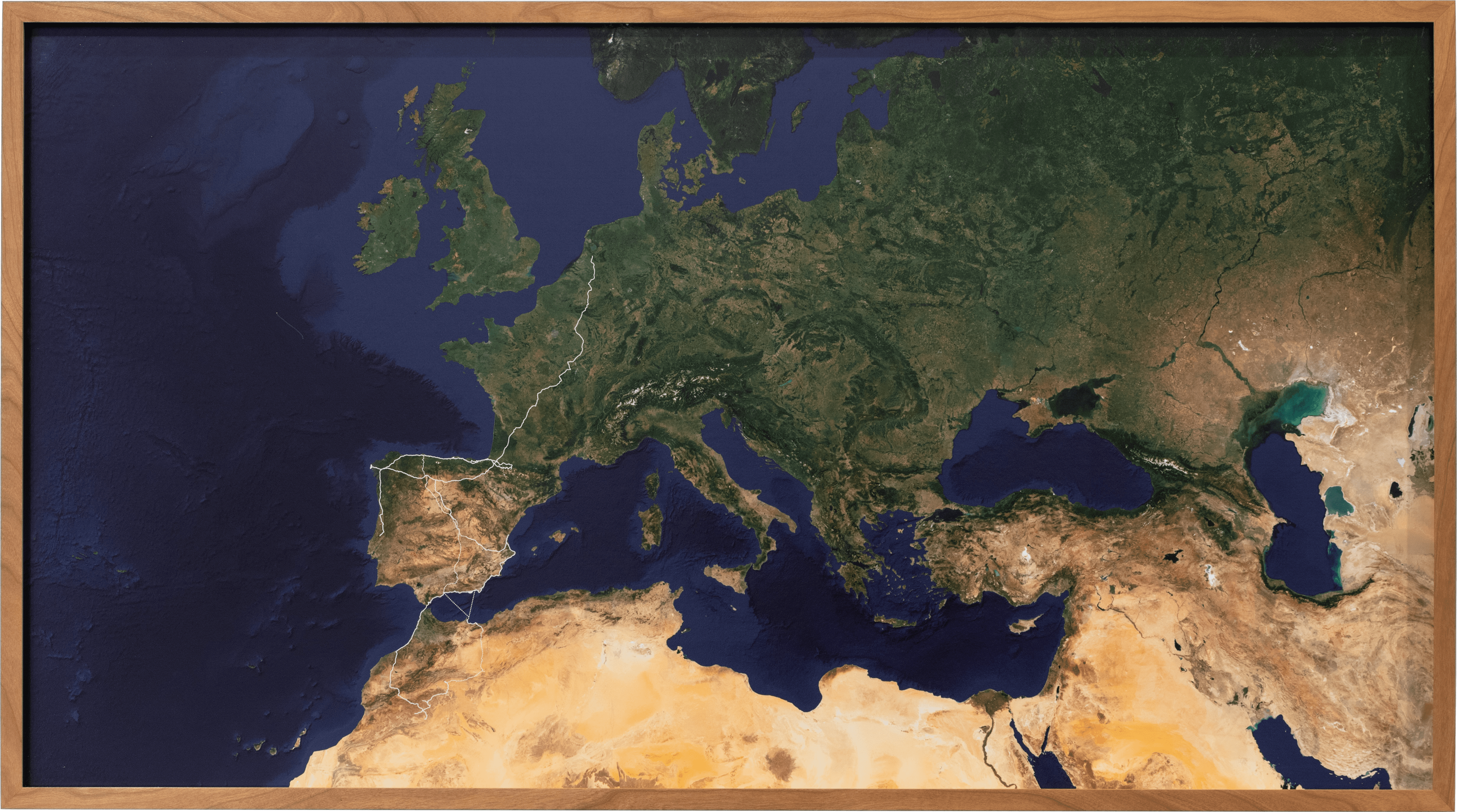
Artist GABRIEL & Julian M. H. Schindele
Name Karte I: 15.9.2015–7.8.2019
Size 54 x 97 cm
Year 2019
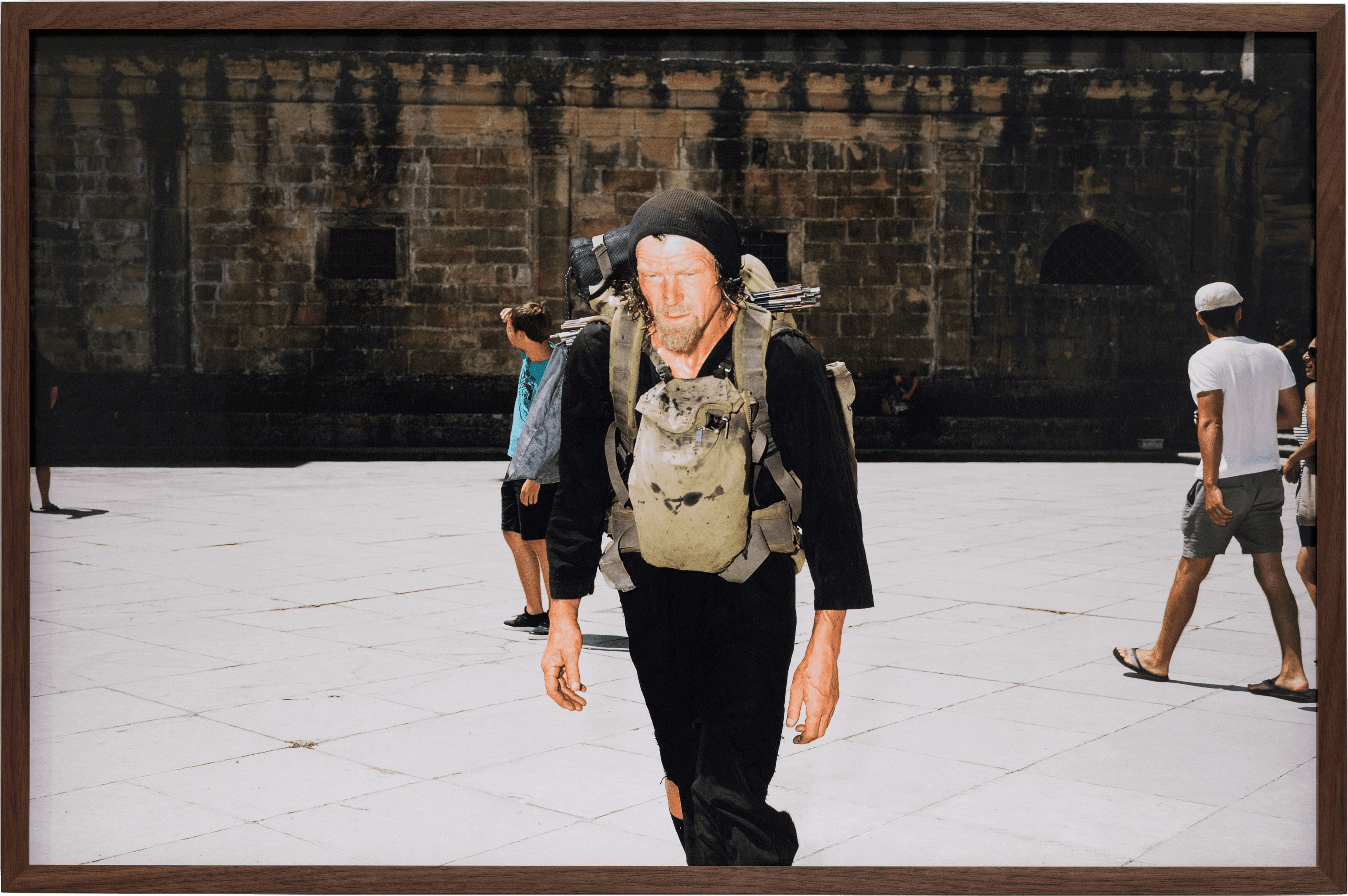
Artist GABRIEL
Name Der Soldat der keinen Krieg führen wollte
Size 46 x 70 cm
Year 2019
Artist GABRIEL
Name Unicorn V. Eucalypto
Size 50 x 66 cm
Year 2016
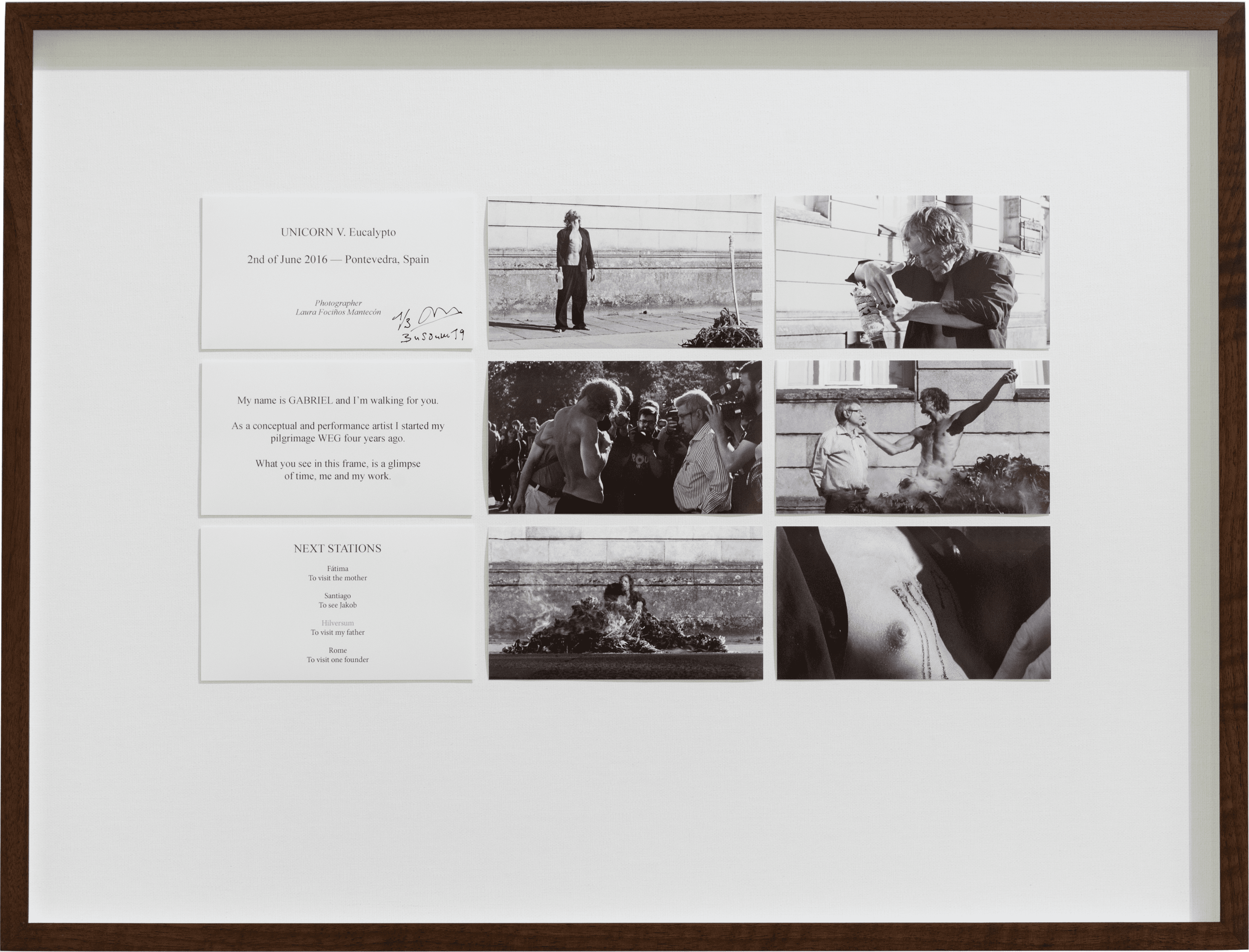
Artist Michal Martychowiec
Name All is history
Size 25 x 75 cm
Year 2012
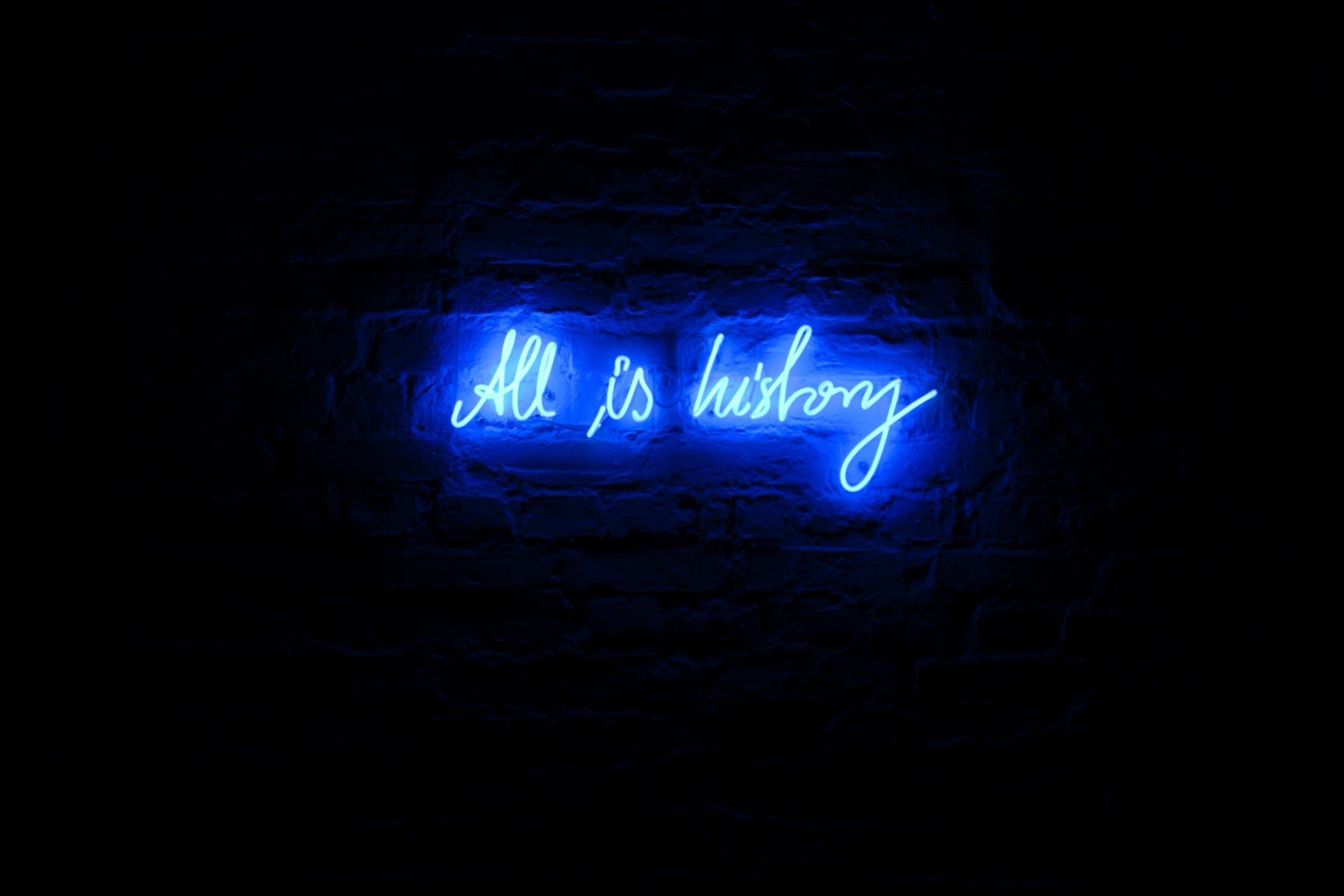
Artist Hilarion Manero
Name Odyssos
Size 70 x 46 cm
Year 1998
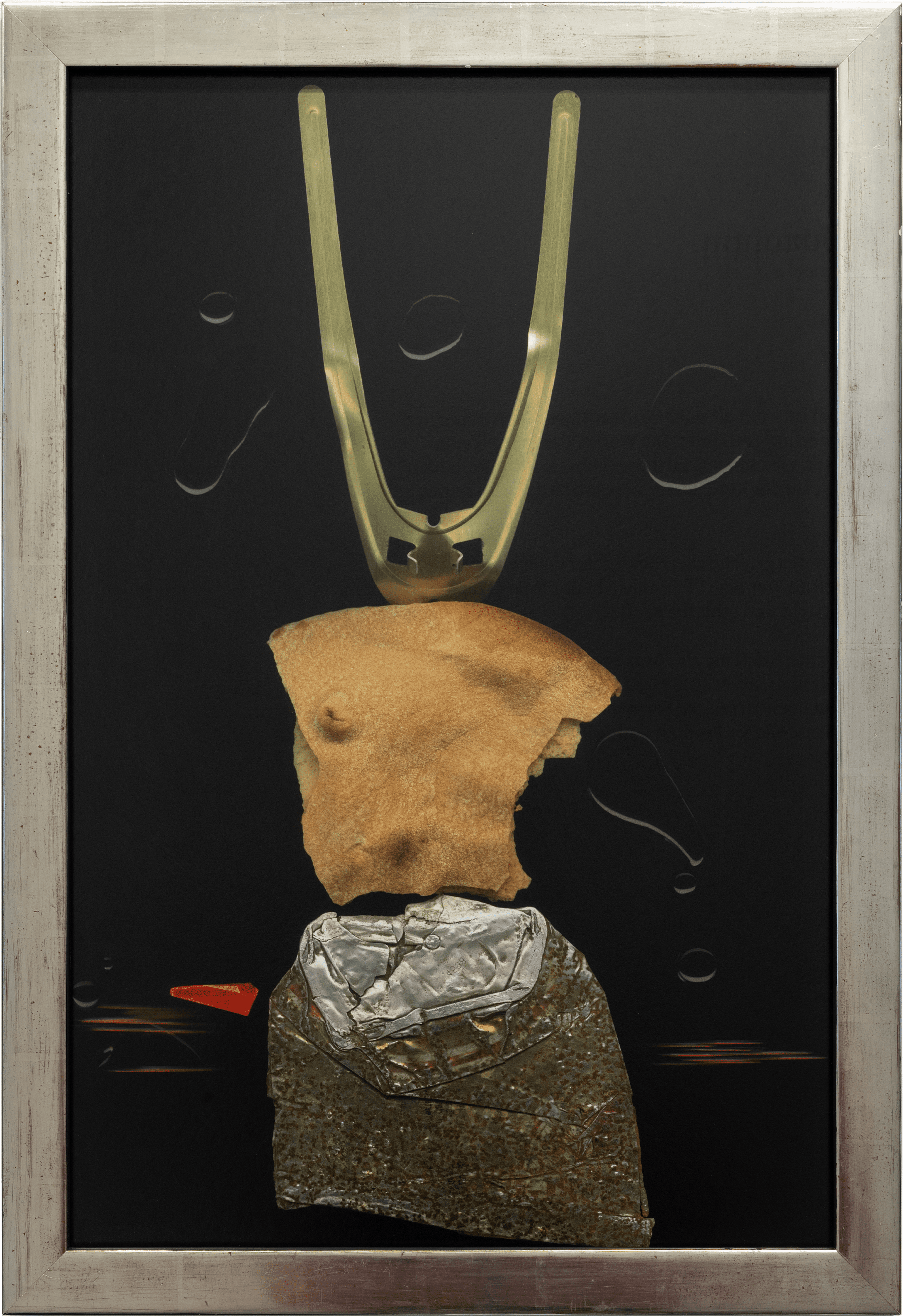
Artist Hilarion Manero
Name Pan
Size 98 x 69 cm
Year 2002
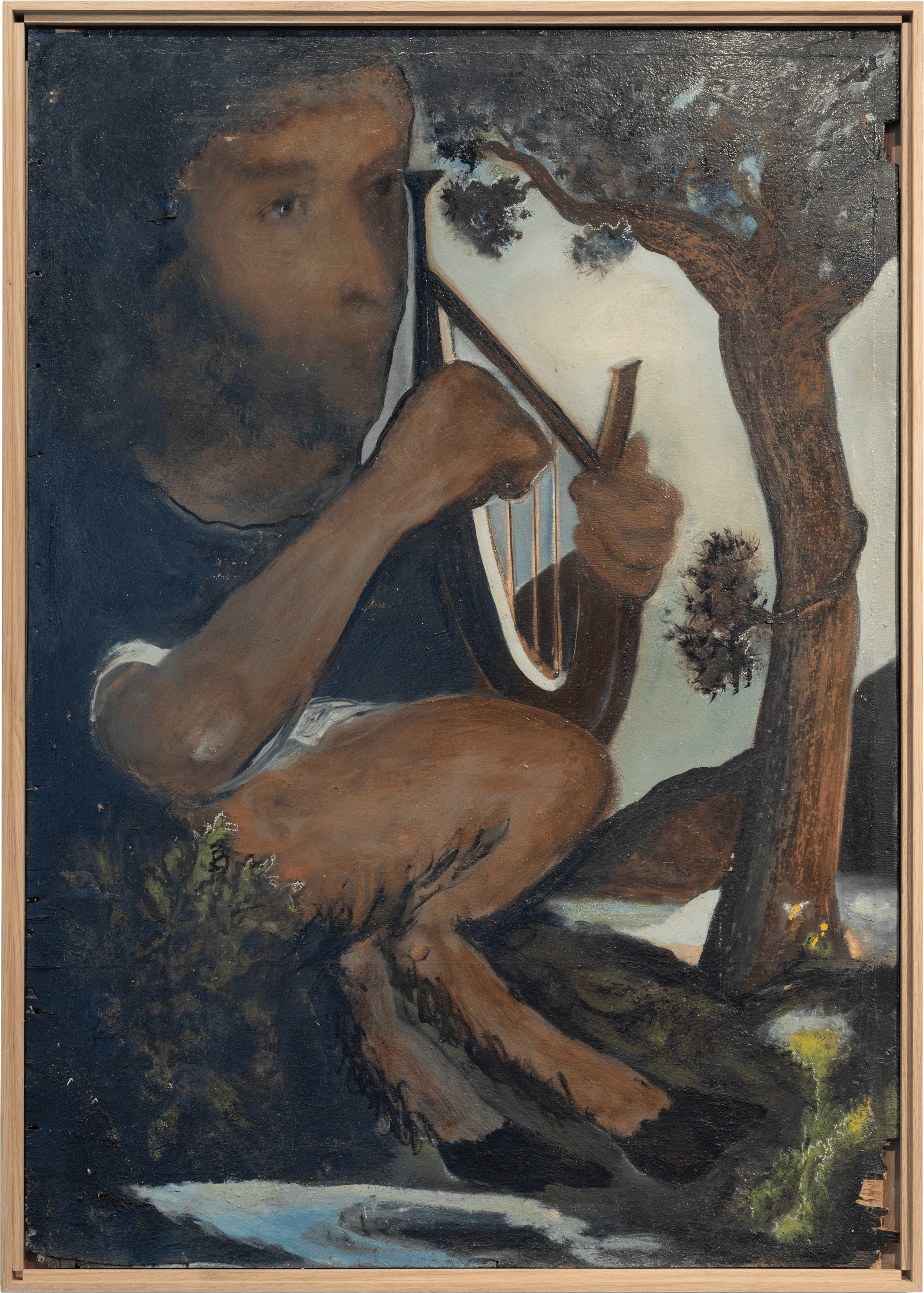
Artist Michal Martychowiec
Name What remains the poets provide
Size 130 x 100 cm
Year 2018
